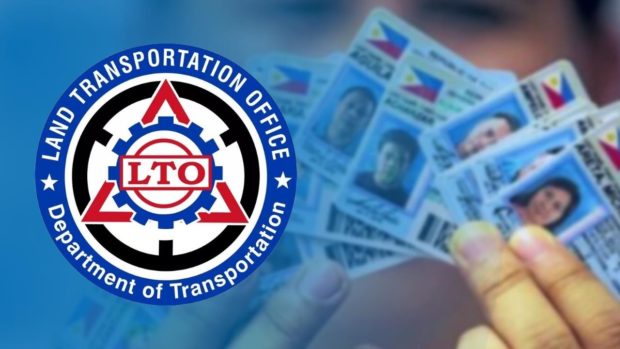
INQUIRER.net FILE PHOTO
MANILA, Philippines — The Department of Transportation (DOTr) should address the looming depletion of plastic cards for driver’s licenses issued by the Land Transportation Office (LTO), Sen. Grace Poe said on Friday.
Poe, head of the Senate committee on public services, called for the “timely intervention” of the DOTr after the LTO bared its plan to issue driver’s licenses on paper as a stopgap measure amid the dwindling supply of plastic cards, which is expected to completely run out this month.
READ: Paper-based licenses to save LTO’s day in the face of card shortages
“The shortage in driver’s license plastic cards should be nipped in the bud before it could create another gargantuan backlog for the Land Transportation Office,” Poe said in a statement.
She noted that paper-based driver’s licenses are “prone to wear and tear, tampering and could compromise the security of the holder.”
Poe also reminded transportation authorities that driver’s licenses – a commonly used government-issued identification document – require payment from motorists’ pockets.
“Bigyan naman natin sila ng tama at kagalang-galang na lisensya, hindi lang kapirasong papel (Let’s give them the right and respectable license, not a mere piece of paper),” Poe stressed.
She cited Republic Act No. 10930, signed by then-President Rodrigo Duterte in 2017, which amended the Land Transportation and Traffic Code.
The law, which she sponsored in the 17th Congress, extends the validity of driver’s licenses to up to 10 years to widen the period between license renewals.
But Poe argued: “The inconvenience hounding our motorists due to the unavailability of the license cards defeats the purpose of the law.”
The DOTr on Thursday said it was already “working to be allowed to purchase part of the total volume of license cards needed by the LTO.”
It also noted that coordination with the Department of Budget and Management is ongoing to fast-track the purchase of the new driver’s license cards “after LTO’s failure to undertake early procurement activities in compliance with existing laws.”


